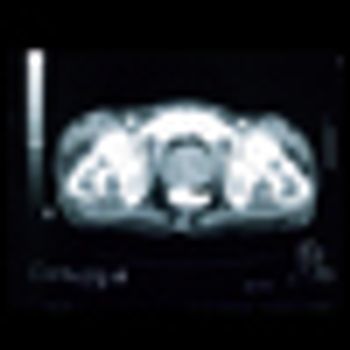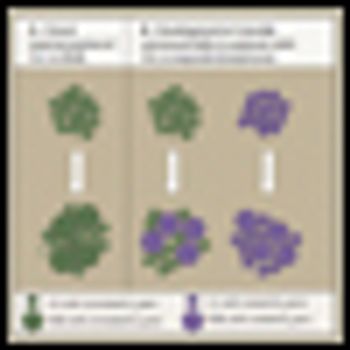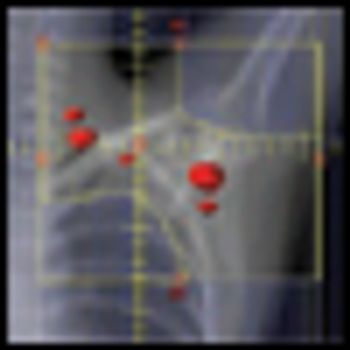
Find out how your compensation, bonuses, and benefits compare to your peers. Data exclusive to Cancer Network.

Your AI-Trained Oncology Knowledge Connection!


Find out how your compensation, bonuses, and benefits compare to your peers. Data exclusive to Cancer Network.

The Come Home project will demonstrate that community oncology practices can aggressively manage the symptoms and complications of cancer and its treatment-and at the same time can save money by limiting the use of expensive sites of service like hospitals and emergency departments.

The current standard therapies for chronic lymphocytic leukemia do not prevent Richter's transformation from occurring. If we are fortunate, new treatments will realize the hope that this usually fatal complication of chronic lymphocytic leukemia might be avoided.

Early results suggest that the new targeted therapies for CLL may have a profound impact on survival-and thus on the incidence of Richter's transformation. It will therefore become increasingly important to study Richter's transformation more assiduously, to diagnose it sooner, and to develop strategies to treat this extremely challenging entity.

Recent progress in our understanding of the pathogenesis of advanced prostate cancer has heralded a new era in treatment. Numerous agents now populate the treatment landscape, and an impressive number of novel agents are in development. However, many questions remain unanswered, paving the path for discovery in the future.

This review summarizes recent findings in clinical prostate cancer research reported at the 2012 Annual Scientific Meeting of the American Society of Clinical Oncology (ASCO) and addresses their relevance to clinical practice.

Richter's transformation, or Richter's syndrome, is an uncommon clinicopathological condition observed in about 5% to 10% of patients with chronic lymphocytic leukemia (CLL). This review summarizes advances in our understanding of the pathobiology and in the management of Richter's transformation in patients with CLL.

The clinical management of malignant mesothelioma may ultimately be transformed by the elucidation of novel biomarkers that can predict the evolution of disease and guide the development of targeted therapies. However, despite relevant advances, more basic research is urgently required to support the development of therapies applicable to the patients for whom surgical resection is not an option.

Significant advances have been made in our understanding of the factors affecting the prognosis of malignant mesothelioma, and a number of biomarkers appear promising. However, at present it may be more fruitful to better define and characterize clinical factors that are well recognized as significantly impacting patient survival.

It is time to move on to next key steps of improving recognition of treatment-resistant lymphoma at diagnosis, rather than at treatment failure, by optimally employing biomarkers and improving cure rates by integrating powerful but minimally toxic new systemic agents into primary treatment.

The likelihood that combined-modality therapy will provide a small progression-free survival advantage is real but not likely to be equated to an overall survival advantage, as it depends on when one looks at the data. The studies to date demonstrate a late fall-off in survival due to one or another toxic effect of radiation.

In Hodgkin lymphoma, as with many other malignancies, a combined-modality approach has proven successful. This tactic capitalizes on the relative advantages of both modalities, yet minimizes risk by avoiding intense exposure to either. This article will summarize the data supporting this approach in early-stage Hodgkin lymphoma.

Here we examine recent advances in the knowledge of this severe and heterogeneous malignancy, and we analyze the clinical significance of prognostic factors.